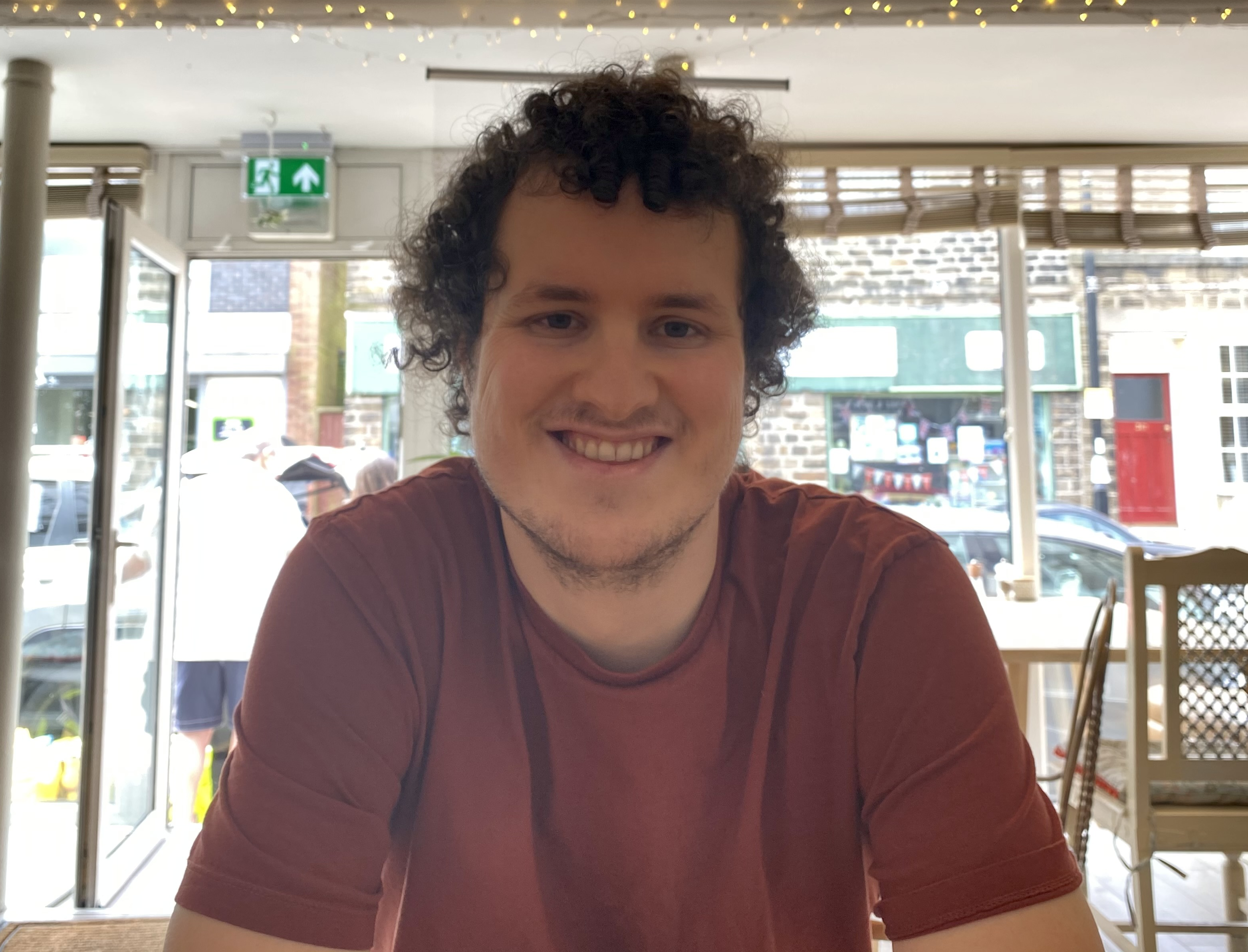From Ghosts to Modern Warfare: how Infinity Ward evolved Call of Duty this generation
The health of a studio takes longer to regenerate than any FPS protagonist
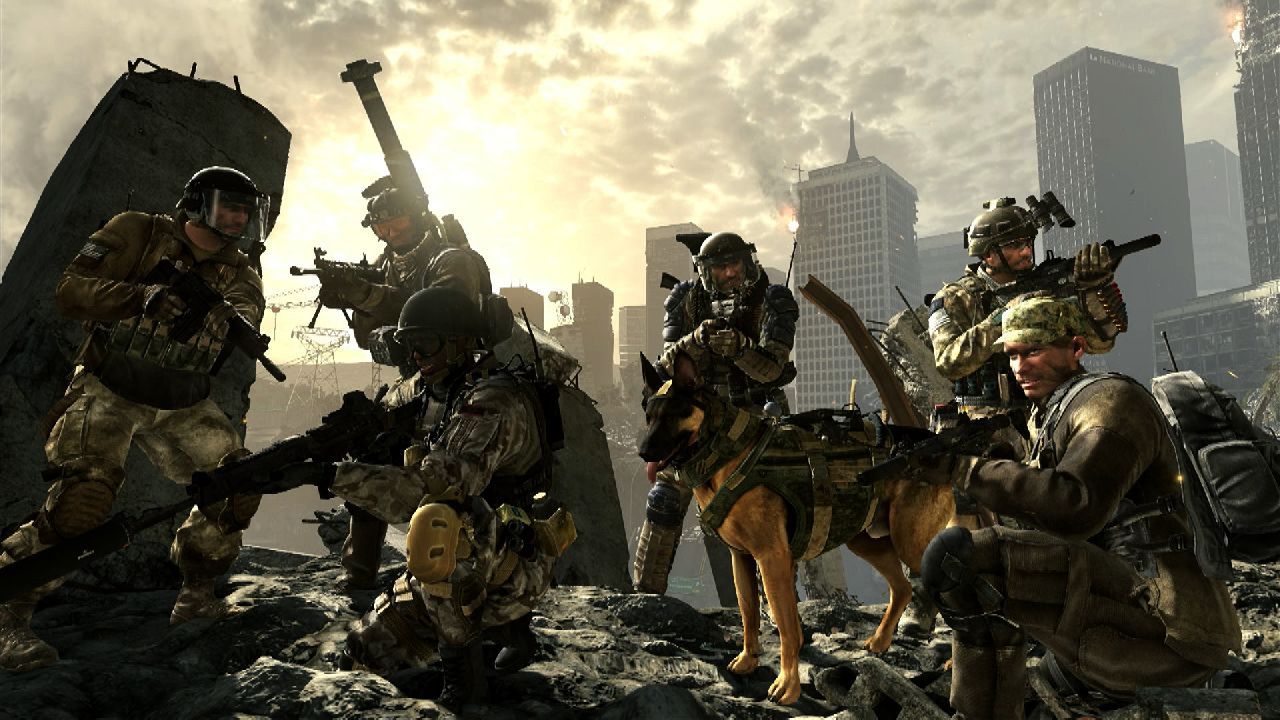
Call of Duty: Ghosts is rooted in a military fairy tale – a spec ops Battle of Thermopylae in which 14 men stay behind to defend a civilian hospital against overwhelming odds. They win, of course, and the victors become the Ghosts, unseen and unstoppable.
I wonder if that's how Infinity Ward thought of themselves back then – in the months and years after founders Vince Zampella and Jason West were fired, taking a chunk of the studio with them to form Respawn Entertainment. Perhaps a fantasy about overcoming the impossible was exactly what a skeleton crew needed to hold their nerve and follow up the original Modern Warfare trilogy.
In truth, though, the fear was palpable in Call of Duty: Ghosts. Without Sledgehammer Games on hand to assist with the campaign, as the studio did for Modern Warfare 3, Infinity Ward seemed unwilling to commit to new ideas in the divisive 2013 release, or to a story that said anything other than 'soldiers are cool'.
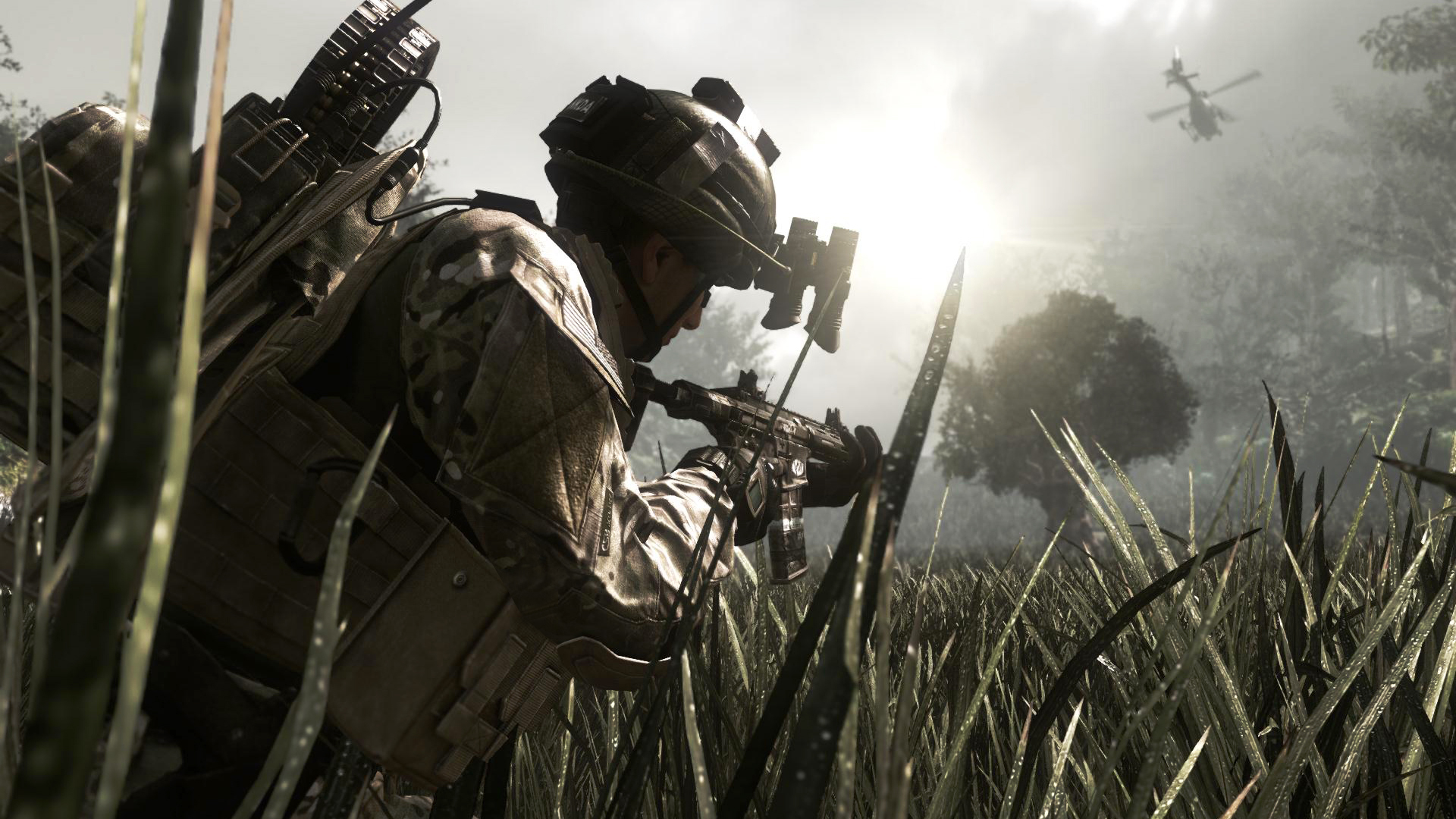
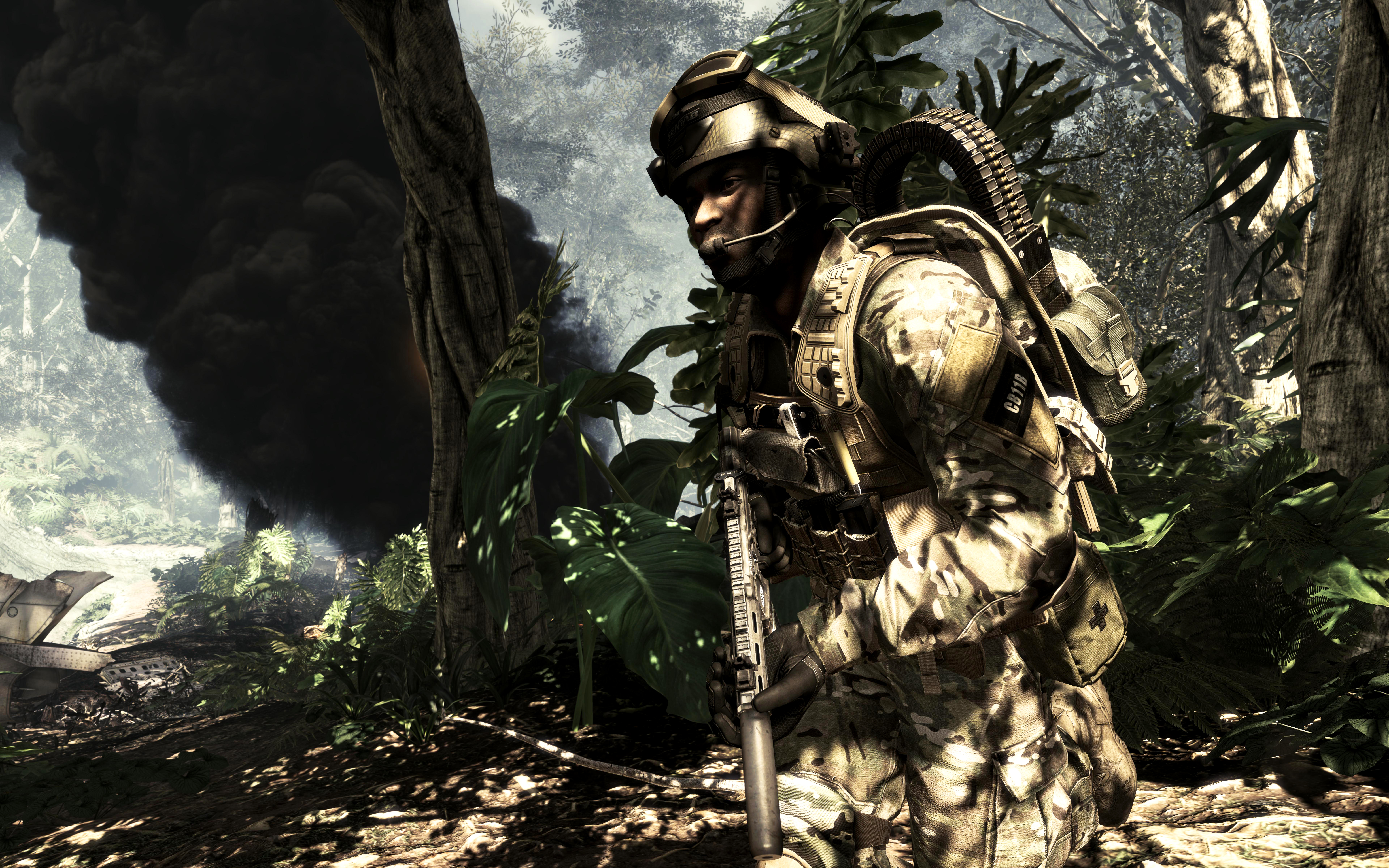

"It's ironic that Ghosts marked the nadir of Call of Duty's stagnation, since it arrived at a time when the series was obsessed with pushing forward."
Mark Rubin, executive producer at the time, described it as the hardest game he'd ever made by far. "I think most people are going to be so exhausted they just want to put this behind them and move on to the next one," he told Eurogamer at the time.
What a difference a generation can make. Jacob Minkoff, campaign gameplay director of the new Modern Warfare, has described its making as the easiest period of his career. "This studio, everybody knows, has gone through some troubles," he told Game Informer. "And it takes some time to build up a team again, to have those bonds forged in blood."
The result is a game that, for all its flaws, has conviction. The unease isn't among the dev team but in the subject matter: the muddy morals of western powers spilling Middle Eastern blood in proxy wars; the ambiguity that sees freedom fighters redefined as terrorists overnight. Modern Warfare is the work of a team all pushing in the same direction, confident enough to be brave.
Return to form
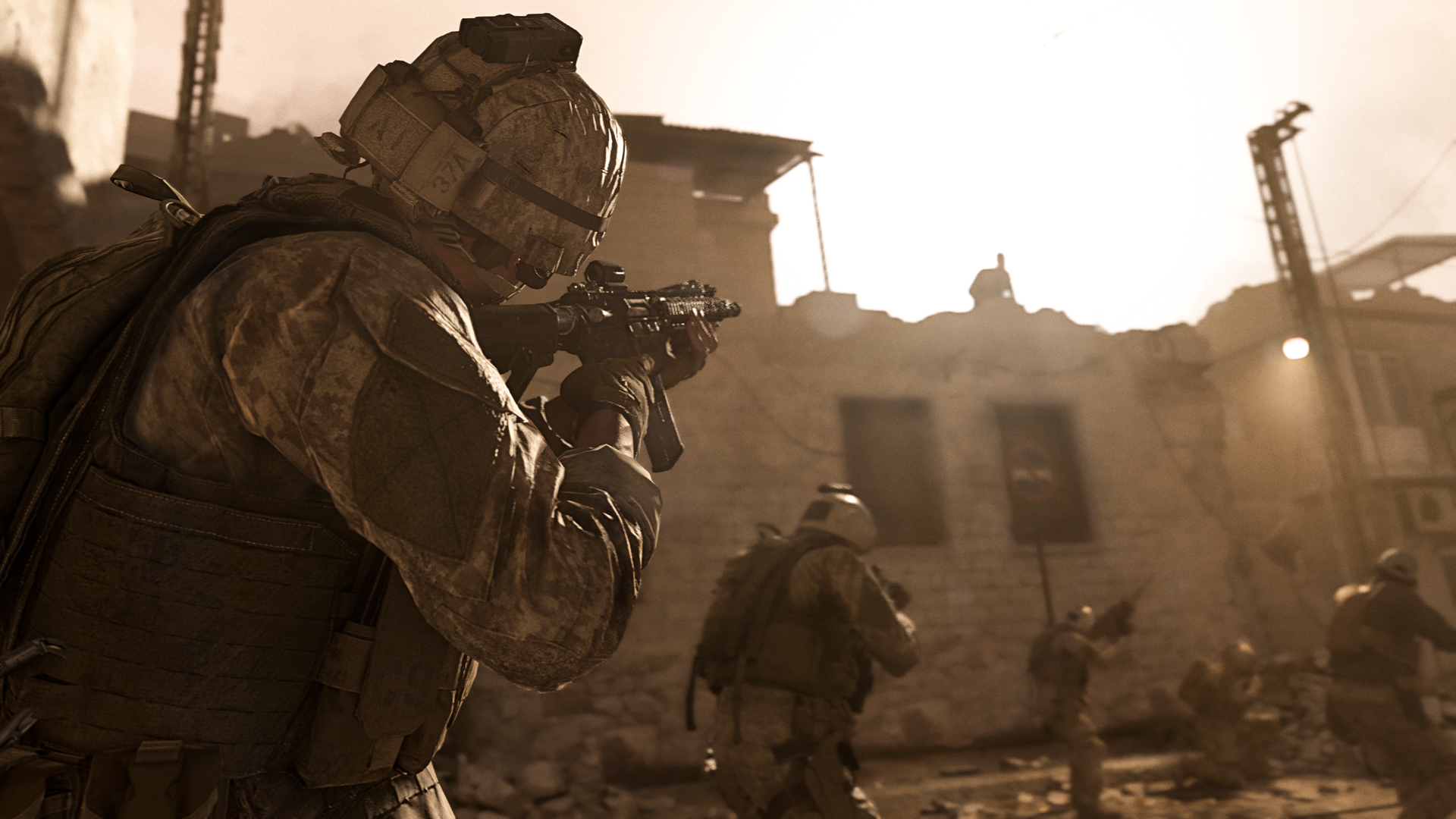
It speaks volumes that developers from Respawn returned to Infinity Ward for this project. The corporate culture they ran from has changed for the better; Call of Duty games are now made in three years, not two. It would seem the gutting of Infinity Ward taught publishers a lesson: great studios need to be nurtured with respect and a soft touch, since rebuilding them is a purgatory no amount of money can accelerate.
Sign up to the GamesRadar+ Newsletter
Weekly digests, tales from the communities you love, and more
It's ironic that Ghosts marked the nadir of Call of Duty's stagnation, since it arrived at a time when the series was obsessed with pushing forward. Having moved from World War 2 to the modern day, its developers asked: where's the next threat coming from?
The question meant that, theoretically, Call of Duty would keep evolving. And that Activision could dodge the controversy that came with the original Modern Warfare trilogy's depictions of atrocities in airports and on city streets. Far safer, surely, to portray wars rooted in fiction.
It didn't quite pan out that way. Ghosts proved no less offensive than any Call of Duty that came before it, imagining all of South America ganging up on an underdog US. It was a risible reversal of reality, given that North America spent the Cold War exerting its influence over the continent. What's more, some fans became increasingly antsy about Call of Duty's desertion of reality, which rubbed uncomfortably against the series' long-held promise of authenticity.
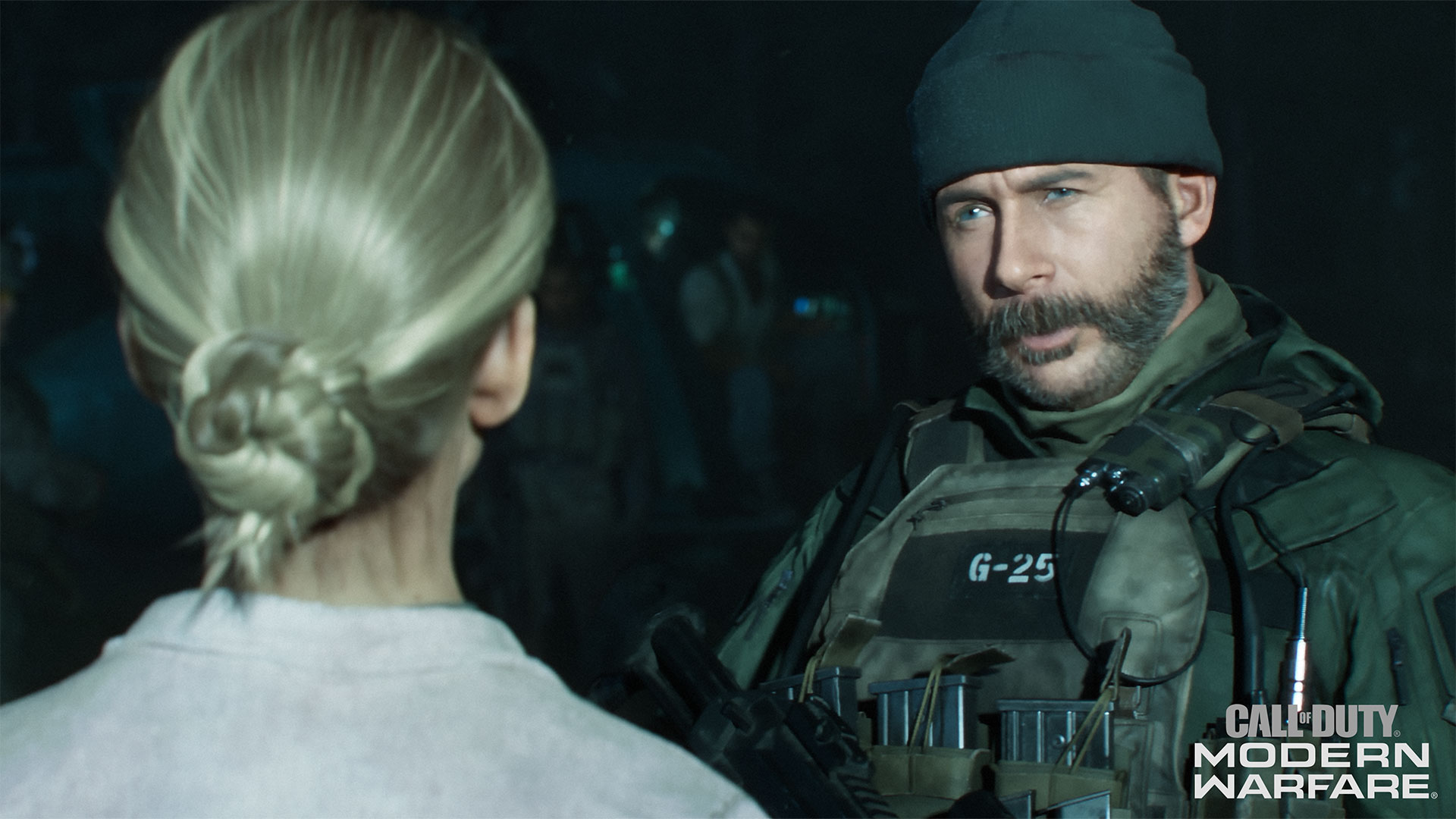
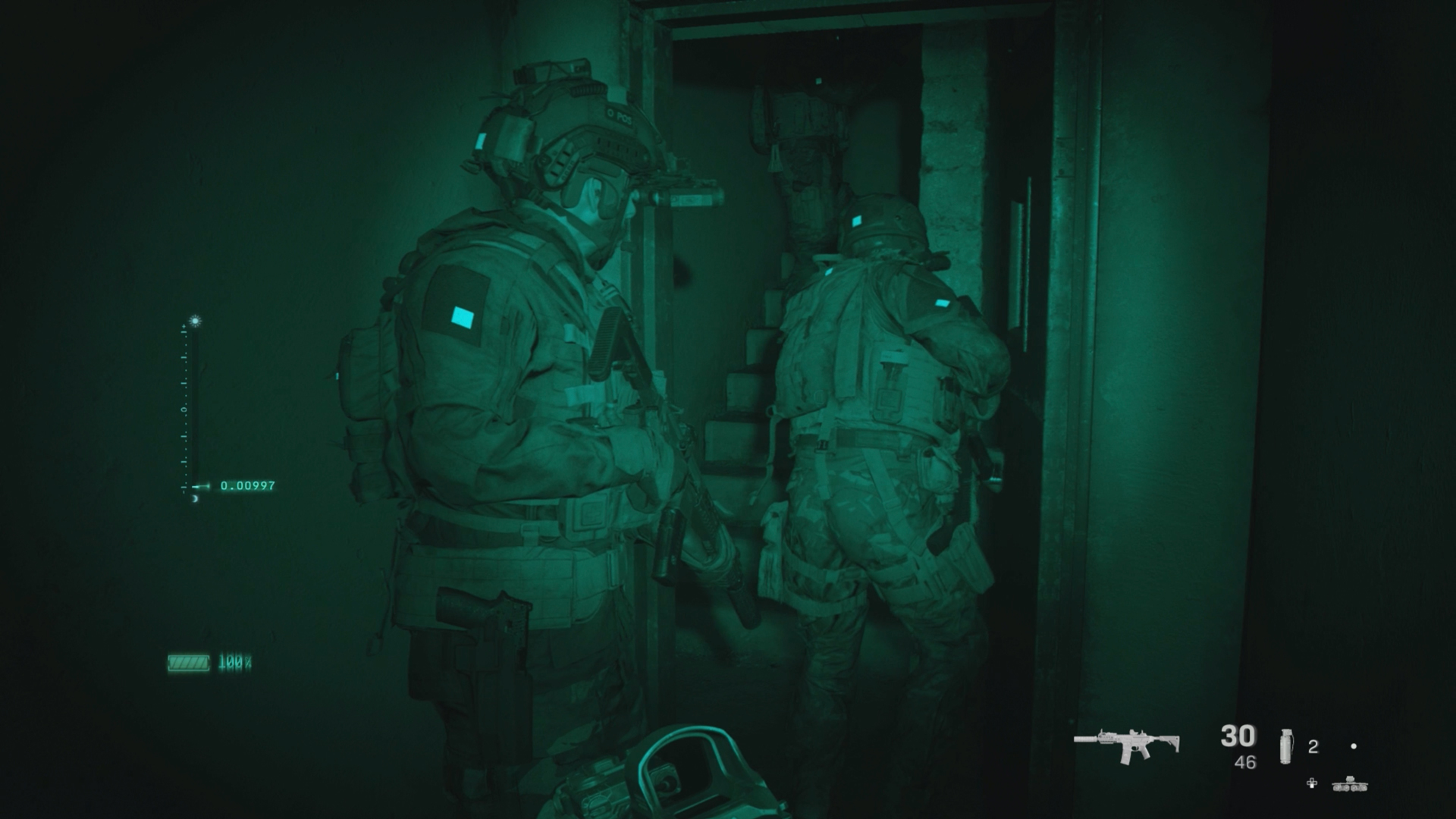
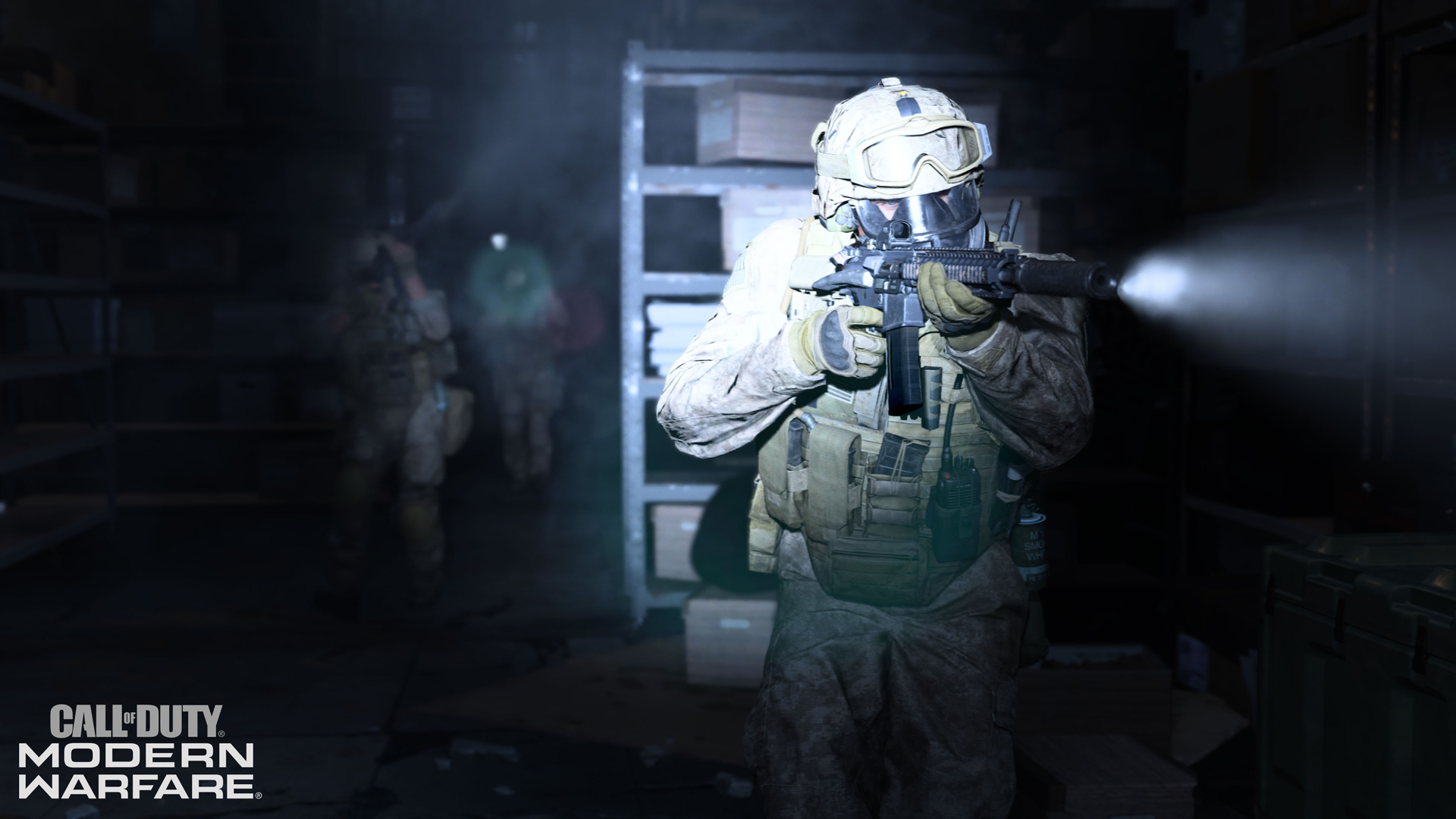
"Modern Warfare is the work of a team all pushing in the same direction, confident enough to be brave."
The fact that Call of Duty is seeing out this generation with a reboot campaign – arguably the second in a row, after Sledgehammer brought the series home to WW2 – can be seen as a capitulation. Not only are fans unreceptive to speculative stories, but warfare hasn't moved on, not really. The new Modern Warfare, like its predecessor, is trapped in a loop of western intervention and terrorist retaliation. If Call of Duty wants to pull from the headlines, it can't help but reflect the post-9/11 mire our world is still stuck in.
The handling of geopolitics remains imperfect, to say the least – despite a new sensitivity to Middle Eastern perspectives, Call of Duty still has a habit of demonising Russians, which led to an easily avoidable upset over Modern Warfare's take on the Highway of Death. It seems as if the series is destined to repeat both its successes and its mistakes.
There's no denying, though, that the games are better now. Since Ghosts, Call of Duty has shaken off the inferiority complex that saw it seek out Hollywood writers, with middling returns. A new strain of Naughty Dog DNA in Infinity Ward means it's now more capable of writing complex, nuanced character stories than ever.
Modern Warfare is the product of a time when studio welfare is forever on the lips of journalists and developers, and that concern appears to have produced a less rushed, more considered game. It bodes well for the future, even as Call of Duty sees out the generation looking backwards into the one prior.

Inside Modern Warfare: Exploring Piccadilly, The Embassy, and Urzikstan with Infinity Ward's narrative designer Taylor Kurosaki.
Jeremy is a freelance editor and writer with a decade’s experience across publications like GamesRadar, Rock Paper Shotgun, PC Gamer and Edge. He specialises in features and interviews, and gets a special kick out of meeting the word count exactly. He missed the golden age of magazines, so is making up for lost time while maintaining a healthy modern guilt over the paper waste. Jeremy was once told off by the director of Dishonored 2 for not having played Dishonored 2, an error he has since corrected.
